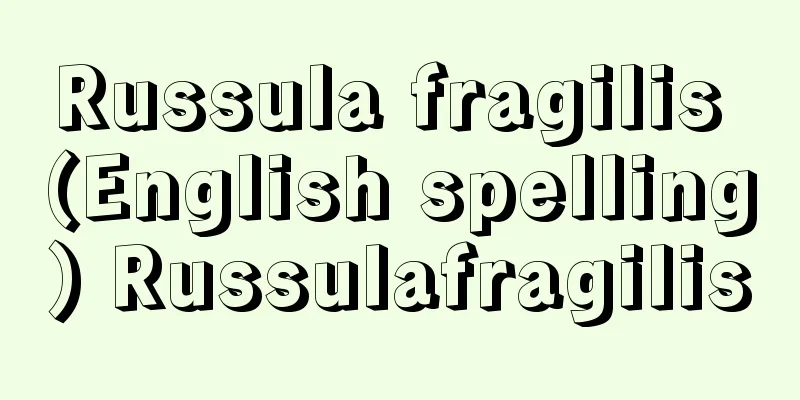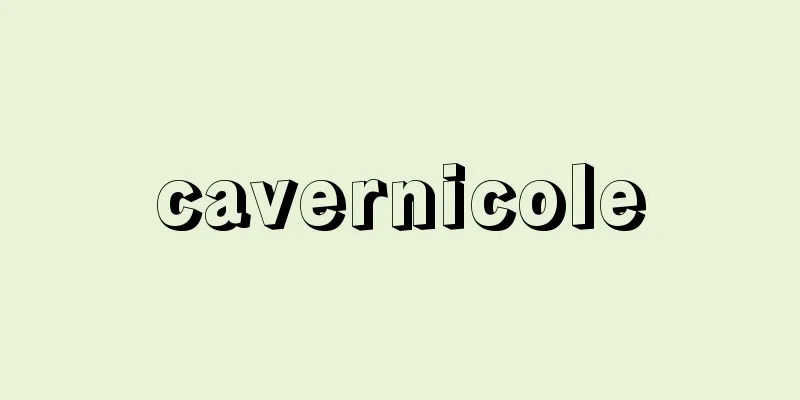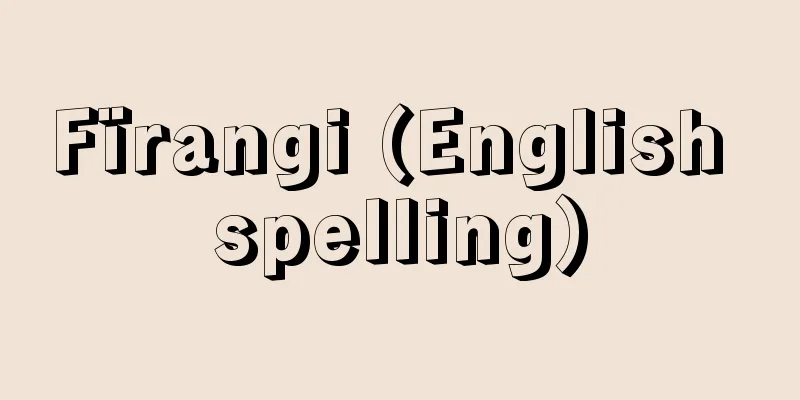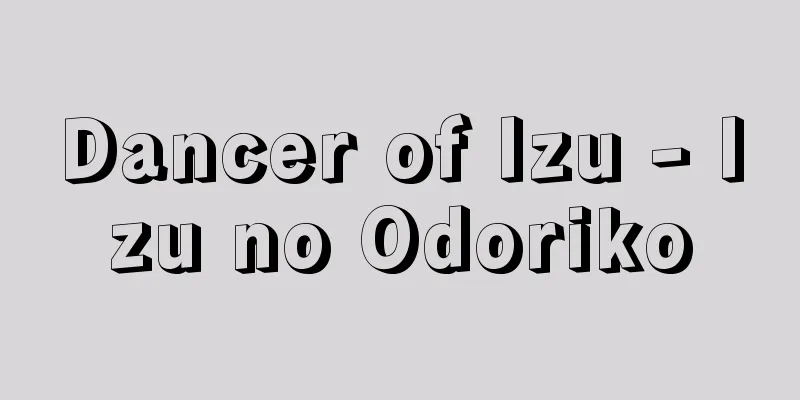Nature

|
…The word was used by Dutch scholars in the Edo period as a translation of Western natural science, specifically the Dutch word Natuurkunde, and later came to mean physics in the early Meiji period. The word 'kyuri' originally came from the Shugua-den of the I Ching, and was emphasized by Zhu Xi as a way of training scholars, referring to the method of getting to the bottom of the principles of things. … *Some of the terminology explanations that mention "Natuurkunde" are listed below. Source | Heibonsha World Encyclopedia 2nd Edition | Information |
|
…江戸時代に蘭学者によって西洋の自然科学,具体的にはオランダ語のNatuurkundeの訳語として用いられた言葉で,後に明治初年にいたって物理学を意味するようになった。〈窮理〉とは,もともと易の説卦伝に由来し,朱子によって学者の修養法として強調されたもので,事物についてその理を窮めるという方法を指した。… ※「Natuurkunde」について言及している用語解説の一部を掲載しています。 出典|株式会社平凡社世界大百科事典 第2版について | 情報 |
Recommend
Nāyaka (English spelling)
In India, a general term for a specific authority,...
Emperor Suinin
The Kojiki and Nihon Shoki record him as the 11th ...
Otsu Incident
The Assault on the Russian Crown Prince. It is al...
Sweet variety - Kanmishu
…The kernels are small and come in a variety of c...
Kongoji Temple
The head temple of the Omuro school of Shingon Bu...
Dry pampas - Dry pampas
…There are few trees, and ombú (a type of grass) ...
Luis M. Sánchez Cerro
1889‐1933 Peruvian soldier and politician. In Augu...
Christian temple - Christian temple
〘Noun〙 A Christian church. Nanbanji Temple . Sourc...
Amadamashi - Amadamashi
...Because the name is confusingly similar to tha...
Hatsuko Kikuhara
The head of the Nogawa school of jiuta and a prac...
Cornhusker State
...The state is a transitional region from the st...
Jozankei [Hot Springs] - Jozankei
A hot spring in the western part of Minami-ku, Sap...
The Sacrament of Reconciliation - Yurushi no Hiseki
A sacrament of the Catholic Church. The atonement ...
Battle of Koshamine - Battle of Koshamine
A large-scale rebellion (1456-1458) by the Ainu of...
Cooper, D.
...An ideological trend in psychiatry that emerge...









